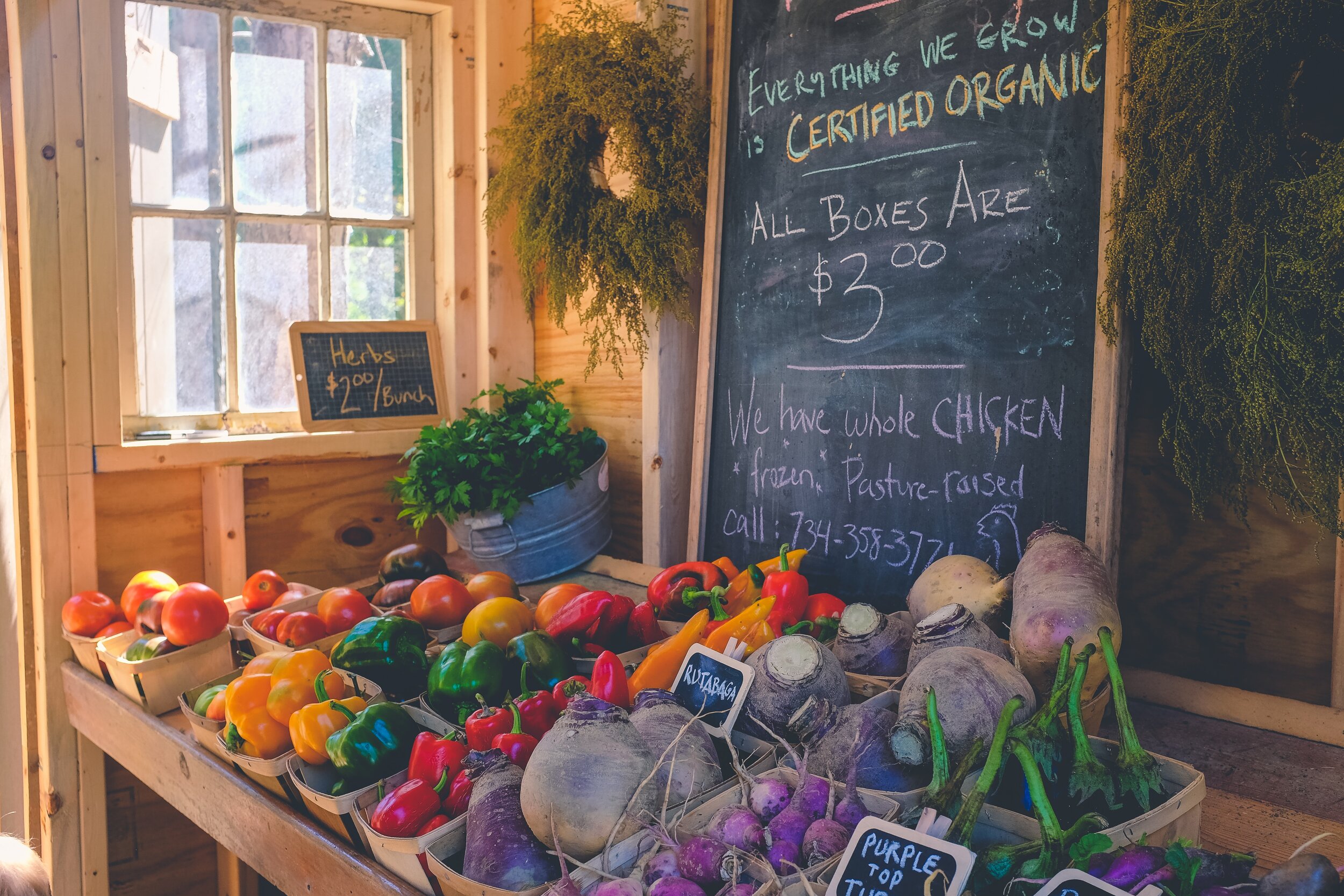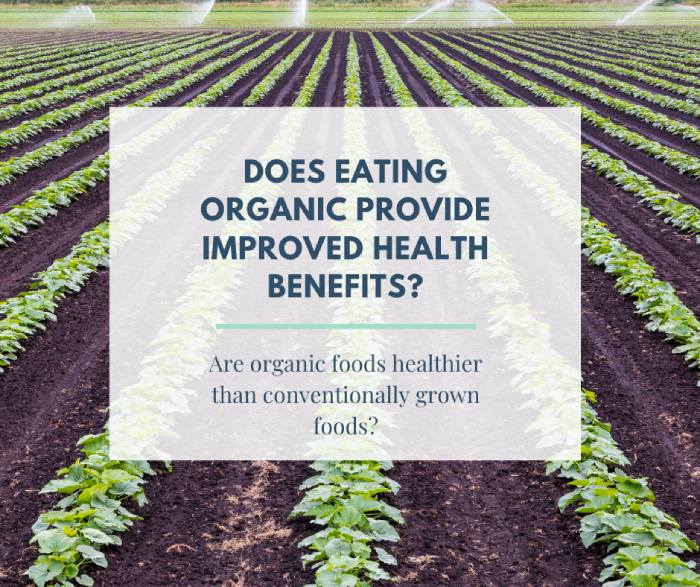Podcast Features
What do you want to learn more about?
Mentorship Program, 1:1 Nutrition Coaching with Alison
The Wholesome Journey - Group Nutrition Coaching Program
February 20, 2020
Alison Tierney, MS, RD, CD, CSO
Alison is a registered dietitian, board-certified in oncology nutrition, and a cancer thriver. Her expertise in oncology nutrition and personal experience with her own cancer diagnosis and its treatment provide her with the unique perspective of being able to relate to her clients on an entirely different level. Her content is consistently focused on evidence-based guidelines and seeks to increase the awareness of the power of nutrition to complement traditional cancer therapies.
- Alison Tierney, MS, RD, CD, CSOhttps://wholesomellc.com/author/alisonwholesomellc-com/
- Alison Tierney, MS, RD, CD, CSOhttps://wholesomellc.com/author/alisonwholesomellc-com/
- Alison Tierney, MS, RD, CD, CSOhttps://wholesomellc.com/author/alisonwholesomellc-com/
- Alison Tierney, MS, RD, CD, CSOhttps://wholesomellc.com/author/alisonwholesomellc-com/
Organic Foods and Cancer Risk
We commonly get two questions when it relates to organic foods:
- Are organic foods healthier than conventionally grown foods?
- Are organic foods safer than conventionally grown foods?
Let’s first focus on answering if organic foods are healthier than conventionally grown foods. We’ll cover the second question regarding the safety of organic foods in next week’s blog post.
What Does the Research Say?
Many used to believe organic foods had higher vitamin and mineral contents. However, a systematic review of 223 studies found there was no significant difference in vitamin and mineral content between organic and conventional plant or animal products. (1)

However, a significant difference was found among polyphenolic phytonutrients — some of the best disease fighting properties. Between the 223 studies, they reported 19-69% higher levels of phytonutrients in organic foods compared to conventional foods. (2) While this is a large range, the consensus reported MORE phytonutrients.
Research has not identified why organic foods contain higher amounts of these disease fighting benefits but there are theories. A common theory is that conventionally grown foods do not need to have as strong of a defense system because herbicides and insecticides externally protect the plant. Therefore, conventionally grown plants do not need the coveted disease fighting nutrients that also help prevent disease within the plant.
What about Cancer Fighting Benefits?
It is important to note no clinical studies (studies on humans) have been conducted on the cancer fighting benefits of organic versus conventionally grown foods. However, there have been studies performed in petri-dishes worth considering.
Organic foods were found to have higher anti-mutagenic activity, or essentially cancer fighting properties. (3)
But what about human cancer cells?
Organic strawberries were able to suppress (or reduce) both colon and breast cancer cells better than conventional strawberries. (4) Again, keep in mind these studies were performed in a petri dish.

What Should We Do?
When it comes to the potential health benefits of organic foods, I believe there are a few considerations to take into account (and there are more beyond these few).
Availability
Depending on where you live, organic foods may not be widely available — especially in more rural areas.
Expense
Organic foods are roughly 40% more expensive, increasing your grocery bill significantly. Many of us cannot afford to consume all organic foods (or even some).
Just Eat More Plants
Just like all of our blog posts, our information is designed to be informational to help you make the best decision for you and your family.
You may choose to consume organic foods as much as possible by applying what is called the ‘precautionary principle’. Meaning, although there is no conclusive evidence organic foods are more cancer-fighting in humans (as benefits are shown in petri dishes on human cells), you choose to eat organic foods due to potential benefits.
In the end, we encourage the consumption of more whole, unprocessed plant-foods whether they are organic or conventional since research concludes the consumption of these foods decreases cancer and chronic disease risk because of fiber, vitamins, minerals, etc. .
Our motto remains the same as always — eat.more.plants
Want more bang for your buck when buying organic?
Download the Dirty Dozen & Clean Fifteen PDF
Join us next week as we present the research available on the safety of organic foods — the second question commonly related to organic foods.
References:

Does Eating Organic Provide Improved Health Benefits?
Wholesome LLC is not a medical practice, and its employees cannot offer medical advice. This website provides educational information but it is not a substitute for medical advice from a licensed medical professional who is familiar with your particular facts and circumstances. The information contained on this website is not intended to diagnose, treat, or cure any disease and shall not be construed as medical advice. The information and education on this website is provided for you to use at your own discretion.
You can further review our disclaimer here.
Wholesome
About Alison
Courses & Programs
The Wholesome Journey
Free Resources
FAQs
Press & Media
Recipes
Blog
Contact Us
Shop
© 2025 Wholesome, LLC All rights reserved.
Privacy Policy
Terms of Use
Disclaimer
Mobile Terms of Service